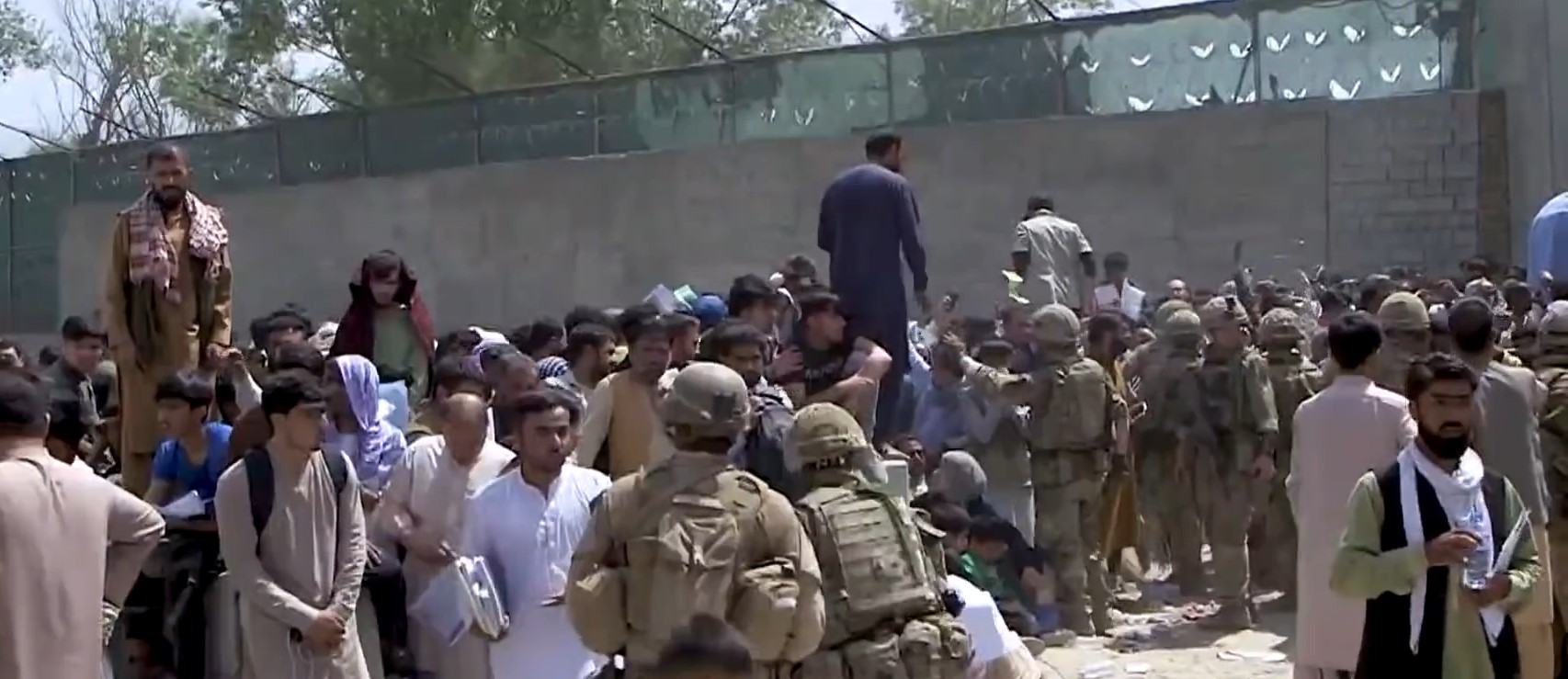Foreign Affairs
UN Reportedly Moves To Unlock Tens Of Millions In Climate Funding For Country Run By Terrorists

Screen Capture/PBS NewsHour
Agencies at the United Nations (U.N.) are attempting to unlock tens of millions in climate financing for Taliban-led Afghanistan, Reuters reported Wednesday.
Taliban representatives are currently taking part in the 2024 U.N. Climate Change Conference (COP29) in Azerbaijan, marking the first time the group has attended the summit since it took power over Afghanistan following the U.S.’ 2021 withdrawal. Now, U.N. agencies are reportedly drafting proposals to unseal nearly $50 million in financing for the Taliban-run country, with the stated aim of combating drought and flash floods, according to Reuters.
If approved, the aid would mark the first time Afghanistan has received environmental funding in three years, the outlet reported.
“We’re in conversations with the GEF, the Green Climate Fund, the Adaptation Fund — all these major climate financing bodies — to reopen the pipeline and get resources into the country, again,” Stephen Rodriques, U.N. Development Program resident representative for Afghanistan, told Reuters.
Since the Taliban is not recognized by U.N. member states, officials from the intergovernmental organization claim they would seek to avoid disbursing the funds to the terrorist group directly, and would instead serve as the on-the-ground partner executing the climate initiatives, Reuters reported. The funding proposals reportedly consist of $19 million from the U.N. Global Environment Facility, as well as an $8.9 million project and $20 million project from the U.N. Development Program.
Despite the country’s checkered human rights history some U.N. officials believe it is still worthy of international aid, with Rodriquez telling Reuters, “if one of the countries most impacted by climate change in the world cannot have access to [international climate funds], it means something isn’t working.”
In addition to climate discussions with Taliban officials, COP29 has featured a push from the True Animal Protein Price Coalition to implement a tax on meat and to name extreme heat events in a way similar to hurricanes and wildfires. The climate confab also follows findings from a new paper published in the journal Communications Earth and Environment that found well-attended elitist conferences and forums like U.N. climate summits drive emissions via increased private jet use.
The Taliban fought against U.S. and Western allies for 20 years following the Sept. 11 attacks in New York, with 2,219 U.S. military personnel dying in the country between Oct. 7, 2001, and Dec. 31, 2014, according to the Department of Defense. President Joe Biden’s disastrous withdrawal resulted in the murder of 13 U.S. service members and 170 civilians, as well as the abandonment of approximately $7 billion worth of military equipment.
“Our investigation reveals the Biden-Harris administration had the information and opportunity to take necessary steps to plan for the inevitable collapse of the Afghan government, so we could safely evacuate U.S. personnel, American citizens, green card holders, and our brave Afghan allies,” Republican Rep. Michael McCaul of Texas, who serves as chair to the House Foreign Affairs Committee, said in a Sep. 2024 statement. “At each step of the way, however, the administration picked optics over security.”
The U.N. did not immediately respond to a request for comment.
All content created by the Daily Caller News Foundation, an independent and nonpartisan newswire service, is available without charge to any legitimate news publisher that can provide a large audience. All republished articles must include our logo, our reporter’s byline and their DCNF affiliation. For any questions about our guidelines or partnering with us, please contact [email protected].

